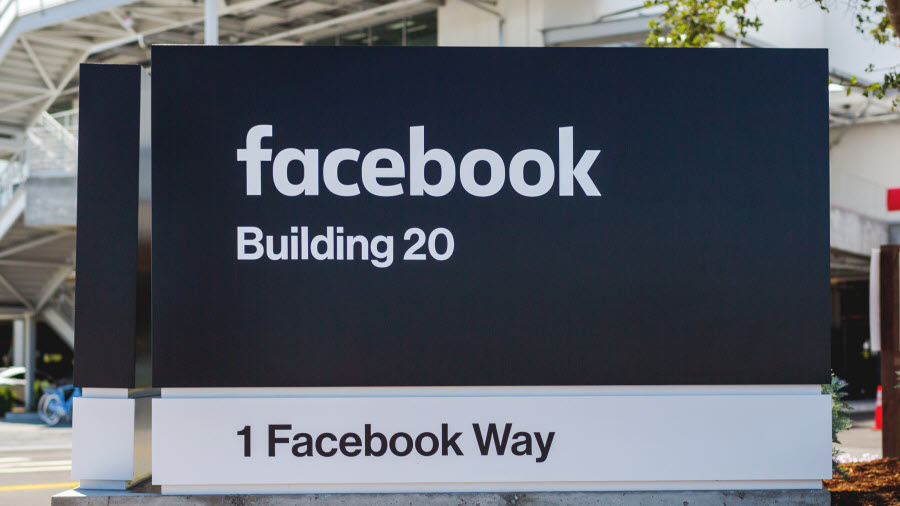Survey Majority: Social Media Does More Harm Than Good
Facebook gets low marks for handling misinformation

The smarter way to stay on top of broadcasting and cable industry. Sign up below
You are now subscribed
Your newsletter sign-up was successful
More than two thirds (70%) people said social media companies do more harm than good, while only one in five said it is the other way around.
That is according to a new poll from Quinnipiac University.
Facebook in particular took it on the virtual chin. Almost eight out of 10 people said Facebook is doing either a poor job or doing a "not so good" job of handling online misinformation.
The poll found that 52% said Facebook was doing a poor job, while 27% said it was "not so good." Only 12% said it was doing a good job and only 1% said it was doing an excellent job. Facebook has been in Washington's sites for how it handles content on its site, including misinformation, hate speech, and content potentially harmful to teens.
The country appears to be about evenly split over whether the government needs to step in to regulate edge giants like Facebook and Twitter.
According to the poll, 47% of respondents said the government "needs to be involved" in the regulation of social media companies, while 45% said no.
Two yes votes for regulation have actually come from Twitter and Facebook. Neither want to see a harsh crackdown on their content moderation abilities or the worst-case scenario of an antitrust-driven break-up of the companies. But given the bipartisan support for some kind of regulation, they are looking to shape that regulatory future into one that does not wreak havoc with their business model.
If regulation is certain, they figure, regulatory certainty, and on terms they can deal with, is the way to go.
The smarter way to stay on top of broadcasting and cable industry. Sign up below
Contributing editor John Eggerton has been an editor and/or writer on media regulation, legislation and policy for over four decades, including covering the FCC, FTC, Congress, the major media trade associations, and the federal courts. In addition to Multichannel News and Broadcasting + Cable, his work has appeared in Radio World, TV Technology, TV Fax, This Week in Consumer Electronics, Variety and the Encyclopedia Britannica.

